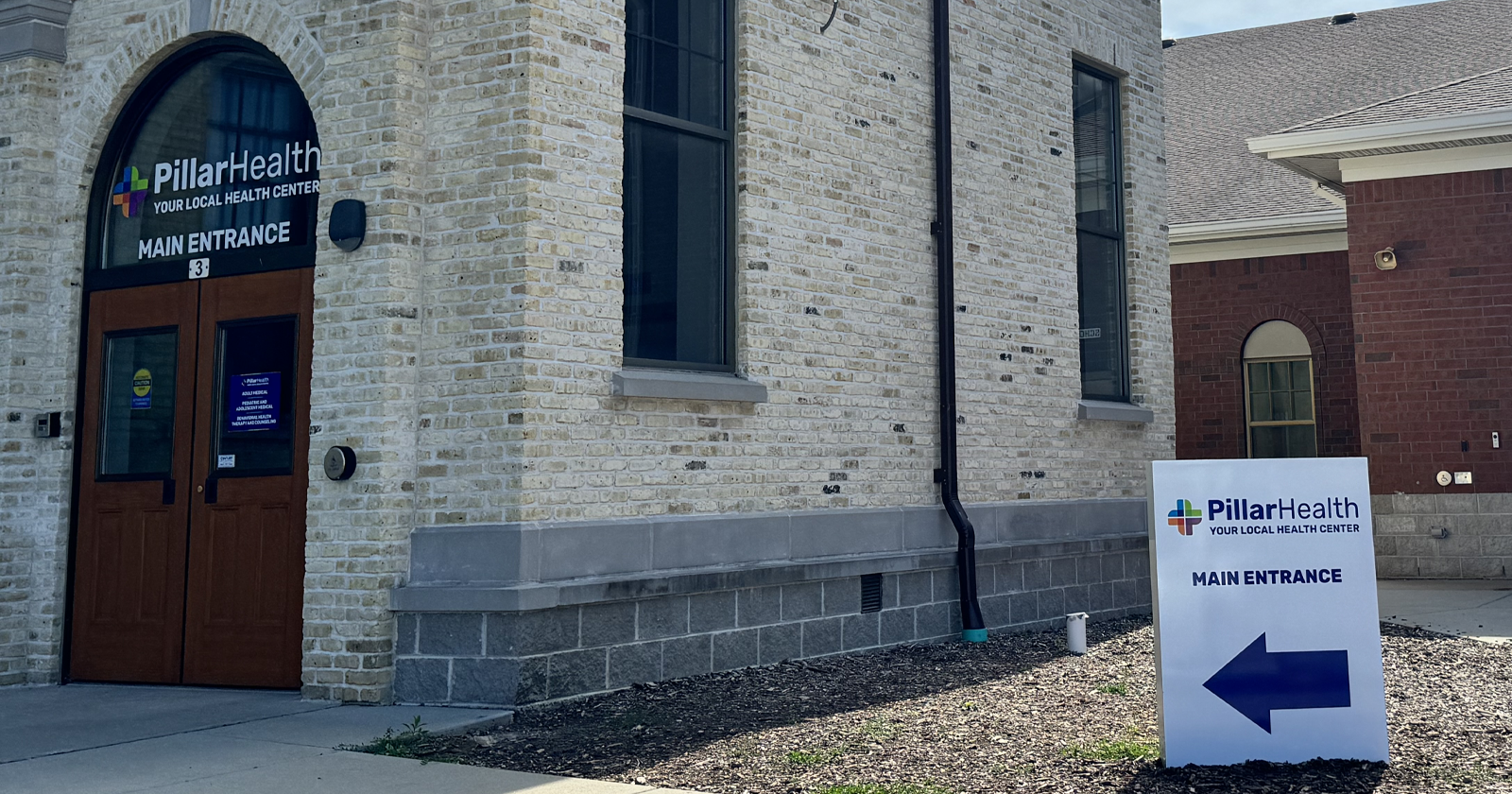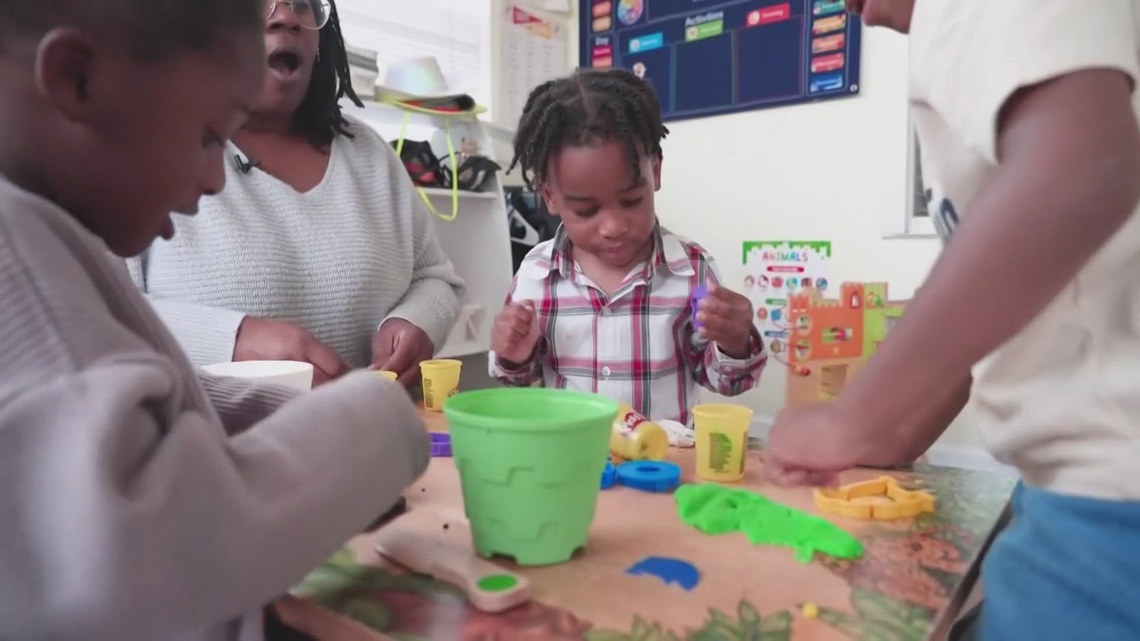
Racine Welcomes Its First Federally Qualified Health Center at Julian Thomas Elementary School
In a significant development for healthcare access in Racine, Wisconsin, the city has inaugurated its first Federally Qualified Health Center (FQHC) within Julian Thomas Elementary School. The facility officially opened its doors in late July and aims to provide comprehensive medical, dental, and mental health services to residents of the area, which historically struggles with health disparities.
Dr. Mary Ouimet, CEO of Pillar Health and Kenosha Community Health Center Inc., emphasized the clinic’s vital role in the community, stating, “This project represents a major milestone in expanding health care access in Racine.” The establishment of the FQHC is particularly crucial as Racine has previously been recognized as the largest urban area in Wisconsin without such a facility. The clinic will be accessible to patients through a dedicated entrance, ensuring that school operations remain uninterrupted.
The journey to this opening, however, has not been without challenges. In January 2020, prior to the onset of the COVID-19 pandemic, Ascension Wisconsin pledged million to support the project’s development. Further backing came from the city and county, along with Gateway Technical College, each contributing ,000. Despite these initial commitments, the project faced setbacks, ultimately stalling until recent efforts led to its realization.
Mayor Cory Mason previously highlighted the lack of a health center in the urban landscape, asserting the importance of healthcare accessibility. Although he did not provide comments for this article, his administration’s engagement with Pillar Health played a key role in reviving the initiative.
FQHCs are designed to offer primary care services to underserved populations, frequently operating on a sliding fee scale that accommodates patients’ financial situations. “The aim is to deliver high-quality, affordable healthcare in neighborhood settings, mitigating the need to rely on emergency rooms, which typically incurs greater costs,” explained Ouimet.
Looking ahead, the clinic is collaborating with Racine’s forthcoming Dr. Martin Luther King Jr. Community Center, a million investment expected to open in mid-2026. This partnership is seen as a strategic move to enhance community wellbeing. Ouimet noted, “We’ve heard directly from the community that they want accessible, trusted, and affordable care closer to home.”
With a target to serve approximately 3,500 individuals in its first year, the clinic also represents a valuable resource for families, particularly as parents begin to address back-to-school health needs such as sports physicals and immunizations. Stacy Tapp, a spokesperson for the Racine Unified School District, affirmed that the district has been proactive in communicating clinic services to families, further integrating health resources within the community’s educational framework.
The establishment of the FQHC marks a pivotal step towards improving health outcomes and ensuring that residents of Racine have access to essential healthcare services, fostering a healthier future for the community.


